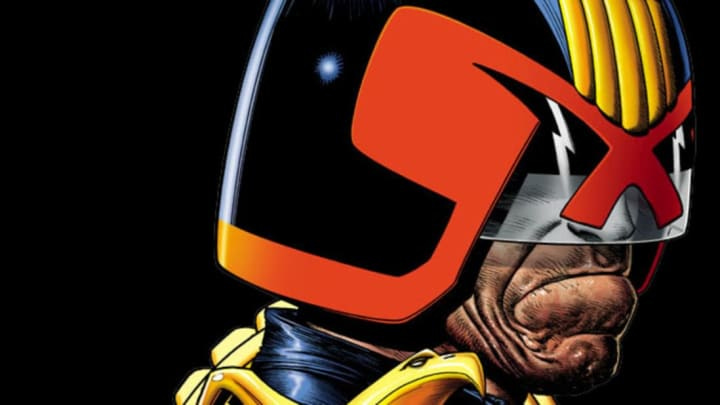Judge Dredd And The Art Of Moral Panic
Reading 'I Am The Law: How Judge Dredd Predicted Our Future' by Michael Molcher

Of all the comics I read as a child of the 1980s, the one that stands out today as the most prescient is Judge …

Of all the comics I read as a child of the 1980s, the one that stands out today as the most prescient is Judge …